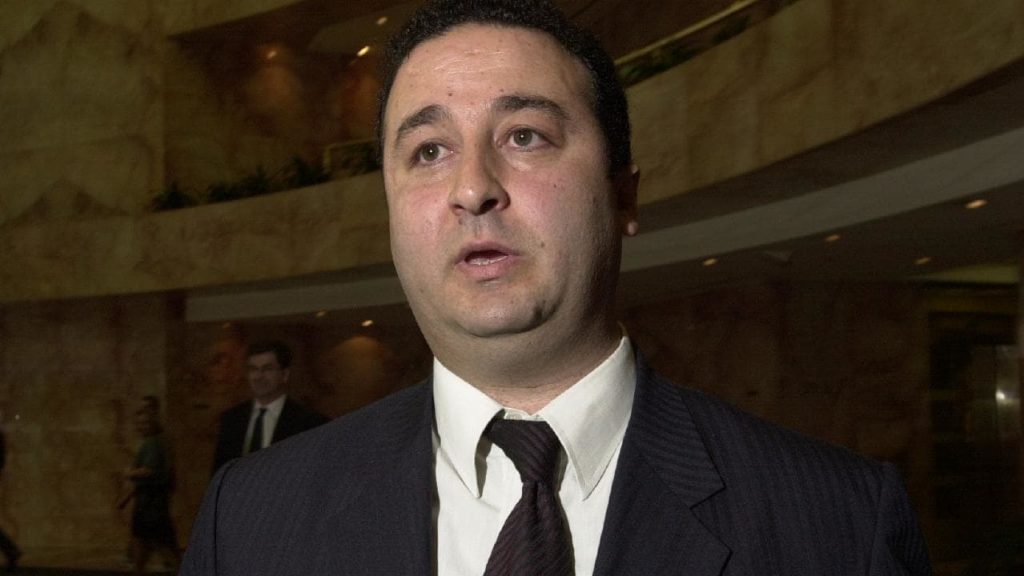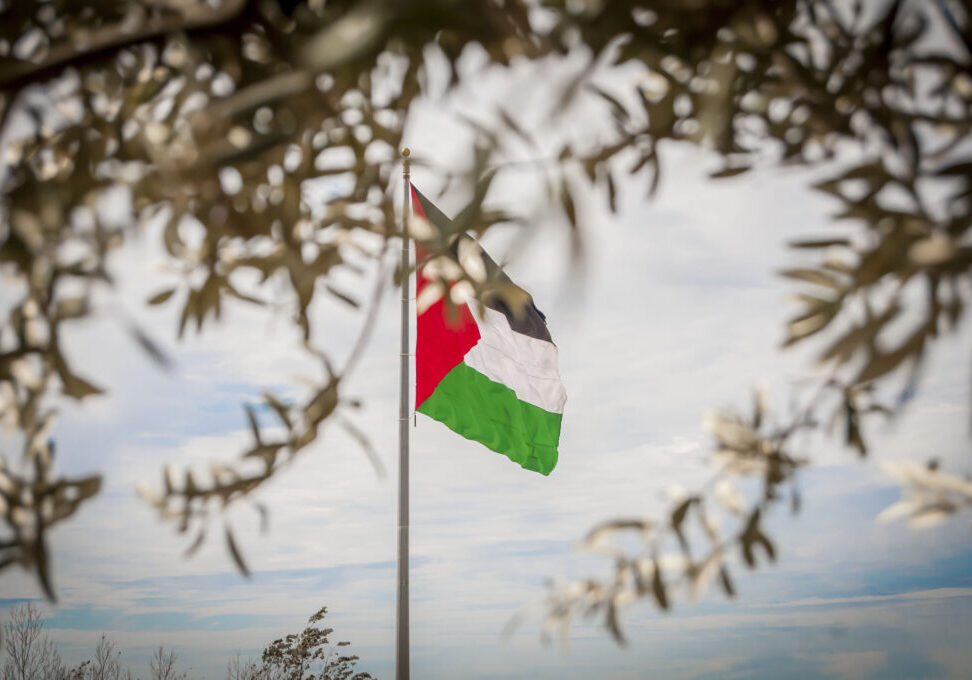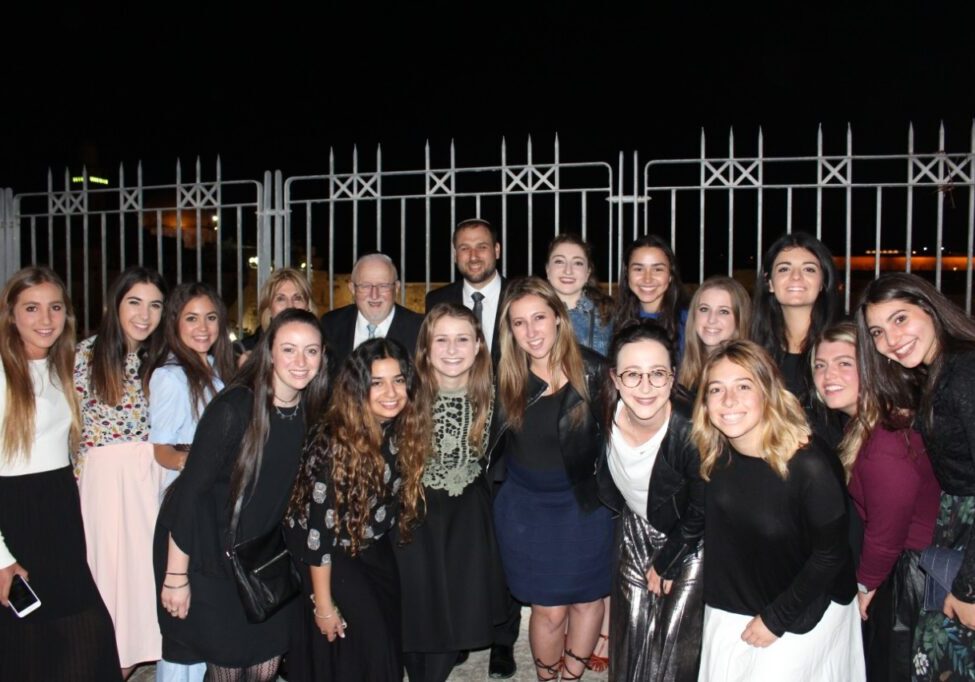Australia/Israel Review
The Last Word: Voters’ choice
Nov 2, 2018 | Jeremy Jones

It was perhaps inevitable that issues with direct concern to the Australian Jewish community featured in the media coverage of the federal by-election in the seat of Wentworth, on which the governing Coalition’s majority depended. After all, the Jewish proportion of voters in the seat is estimated at between 12 and 20%.
The Liberal candidate was known to many in the Jewish community, mainly through his service as Ambassador to Israel.
The ALP nominee and a number of the minor party and independent candidates were also well known and well regarded.
The Greens Party candidate kept quiet on his association with a major anti-Israel lobby group, perhaps aware that this would not have endeared him to a base broader than that with which he started.
The highest profile independent was not only well-known, but Jewish herself, although this hardly figured in her campaign.
As issues were debated, appeals were made to Jewish voters, as a subset of those who may have refugee heritage, on the treatment of asylum seekers and immigration policy.
When it was reported a local rabbi had told his congregation that he saw protection of the environment as a Jewish moral imperative, most discussion was on the appropriateness of his action rather than the message.
The Prime Minister’s announcements on Jerusalem, Iran, United Nations voting and the defence relationship with Israel were undoubtedly of direct interest to the Jewish community
They also gave licence to a horde of commentators with little apparent expertise to opine on the Jewish community (such as the fact many had already voted prior to the announcements, as most observant Jews do not vote on the Sabbath), the Middle East and Australian foreign policy.
Conspiracy theorists and others used this as a pretext to proffer an image of a Jewish cabal so powerful it could achieve ends without even knowing it sought them.
One particularly shameful intervention came in the form of a tweet by Shaoquett Moselmane, who represents the ALP in the NSW Parliament.
In a week when his side of politics had the high moral ground on racism, as Coalition Senators had initially voted for a bizarre One Nation motion belittling the experience of minorities who have suffered discrimination and persecution, Moselmane embarrassed not just himself, but his party.
His tweet recommended the writings of former Ku Klux Klan leader David Duke. He subsequently expressed regret for using this source, with a Personal Statement in Parliament.
He has not, however, distanced himself from the claims in the tweet of an alleged Jewish lobby controlling Australia, which tells you much about the mindset of this all but invisible legislator.
Amongst ignoramuses who put their biases on display was the cartoonist for the Guardian, who insulted Israelis, victims of Apartheid, and the intelligence of readers, with a single ludicrous panel.
When journalists sought comments from South East Asia on the issue of potential Australian policy changes on Jerusalem, they found no shortage of individuals who, with an eye on their domestic audiences, told them that Australia would suffer if it acted independently rather than taking direction from the Organisation of Islamic Cooperation.
The hypocrisy of states which regularly tell Australia to butt out of their internal decision-making lecturing Australia on this matter was palpable.
Further, there is the little matter of listening to Malaysia on matters relating to the Jewish community.
Just a few weeks ago, Prime Minister Mahathir Mohamed described Jews as “hook-nosed”, made his own contribution to Holocaust denial and absolved everyone apart from Jews from responsibility for “the problems in the Middle East”.
Mahathir’s successor-in-waiting warned Australia that if we follow an independent foreign policy we would not be acting in a manner suitable to our Asian environment (as apparently Mahathir had been).
Fortunately, in the post by-election period, Australians are able to now sensibly discuss foreign policy issues – and hopefully will also take a long hard look at the quality of both the commentary and outside interventions.
Tags: Antisemitism, Australia






